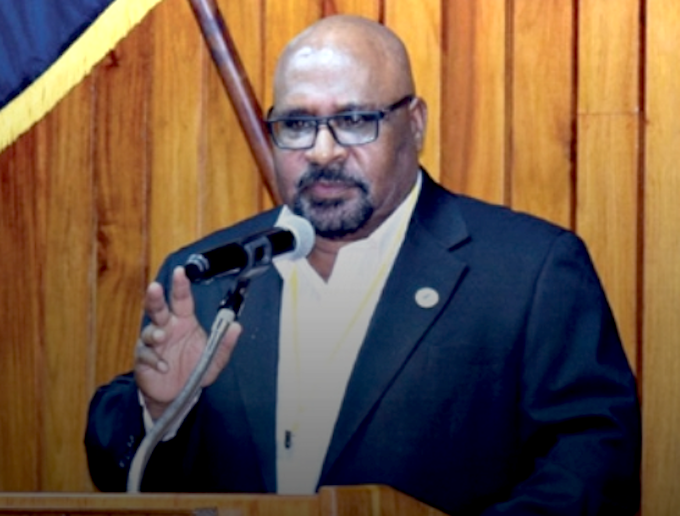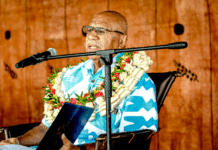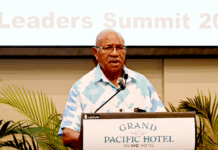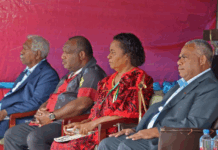
By Lorraine Wohi in Port Moresby
The Bank of Papua New Guinea’s Financial Analysis and Supervision Unit has reported more than 5000 cases as a result of anti-money laundering and counter terrorist financing investigations still awaiting prosecution.
Acting governor for BPNG Benny Popoitai said the FASU had identified persons of interest and companies and referred them to the Police Fraud Unit for further investigation and prosecution. However, none have yet been prosecuted.
He said at this stage FASU, under BPNG, did not have the powers to prosecute these cases.
“We have a real issue, we have not been prosecuting anyone under the Anti-Money Laundering (AML) law.
“We have cases of leaders being prosecuted, that we have sent to the Ombudsman Commission and others to the police.
“If it’s a tax matter we refer them to the IRC [inland Revenue Commission], If it is Customs it goes to Customs.
“The issue is, we do not have the prosecution powers so we send the information to the law enforcing agencies to enforce,” Popoitai said.
Risk of being ‘greylisted’
He also cautioned that FASU was also at risk of being “greylisted” for doing business with corresponding banks.
“PNG joined the rest of the Anti-Money Laundering and Counter Terrorist Financing with the rest of the world in 2008.
“As a result of their review of our AML, they grey listed us in 2014 and so we got out of the grey list.
“They are going to visit us, to see if we are not ready, they will put us down [on] the grey list and doing business will be really tough because of the correspondence relationship with the banks.
“Some of the international correspondents will walk away,” he said.
Popoitai said the AML business was now under the National Coordination Committee chaired by himself and the Secretary for Justice to oversee what other government agencies do.
Marape calls for prosecutions
Prime Minister James Marape has asked if those who are found to be breaking the AML laws be referred to the Independent Commission Against Corruption Act (ICAC) for prosecution.
Popoita said they could only do that once ICAC was established.
AML law introduced a robust regulatory framework consistent with the Financial Action Task Force (FATF) standards to prevent money laundering and terrorist financing.
Under the Act, the Financial Analysis and Supervision Unit (FASU) collects, analyses and disseminates financial intelligence, and supervises financial institution and Designated Non-Financial Businesses and Professions (DNFBPs)
Members of Parliament under this Act are classified as the politically exposed persons (PEP) meaning their conduct of business for themselves, their family and employees are important as this is how the Act governs and ensures the PNG economy is protected.
Lorraine Wohi is a PNG Post-Courier journalist. Republished with permission.














































